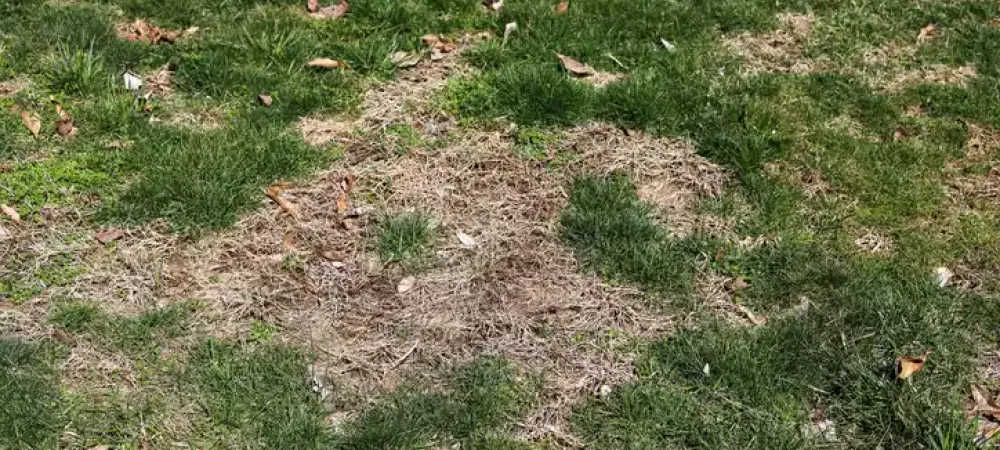How Salt Can Damage Your Lawn

During winter, salt is commonly used to melt ice on roads and driveways, making travel safer. However, while salt works wonders for de-icing hard surfaces, it can cause significant harm if it reaches your lawn. Salt buildup in soil can seriously affect the health of your grass and plants.
How Salt Harms Grass Growth
Salt damages lawns by interfering with the grass’s ability to absorb water and nutrients. When salt accumulates around the grass roots, it blocks the roots from taking in moisture, much like a drought would. Even if the soil is moist, your grass may still suffer because salt prevents it from using that moisture effectively.
Salt Dries Out Your Soil
Just like eating salty foods makes you thirsty, salt in soil draws moisture away. Excess salt dehydrates the soil by pulling water out, leaving your lawn dry and vulnerable. This drying effect can kill grass and other plants, making it difficult for your lawn to recover when warmer weather arrives.
How to Prevent Salt Damage on Your Lawn
- Limit salt Use: When possible, avoid using salt on your property. Instead, shovel or plow snow away to reduce ice buildup.
- Mix salt with Sand: If salt must be used, combine it with sand. Sand doesn’t melt ice but improves traction without harming your lawn.
- Protect Your Lawn: If your lawn often suffers salt damage, consider erecting temporary fencing or netting during winter to block salt from drifting onto your grass.
How to Repair Salt Damage
- Apply Pelletized Gypsum: Also known as calcium sulfate, pelletized gypsum neutralizes the harmful effects of salt, improving soil structure and helping grass roots absorb moisture again.
- Leach Salt from Soil: Water your lawn thoroughly and repeatedly over several days. This process flushes excess salt out of the soil and restores healthier conditions for grass growth.
Call the Experts at Grasshopper!
If you’re dealing with salt damage or want to protect your lawn this winter, the experts at Grasshopper Lawns are here to help. From soil treatments to tailored lawn care plans, Grasshopper can restore your lawn’s health and keep it thriving year-round. Reach out today to learn how we can protect and rejuvenate your outdoor space with expert care and eco-friendly solutions.
